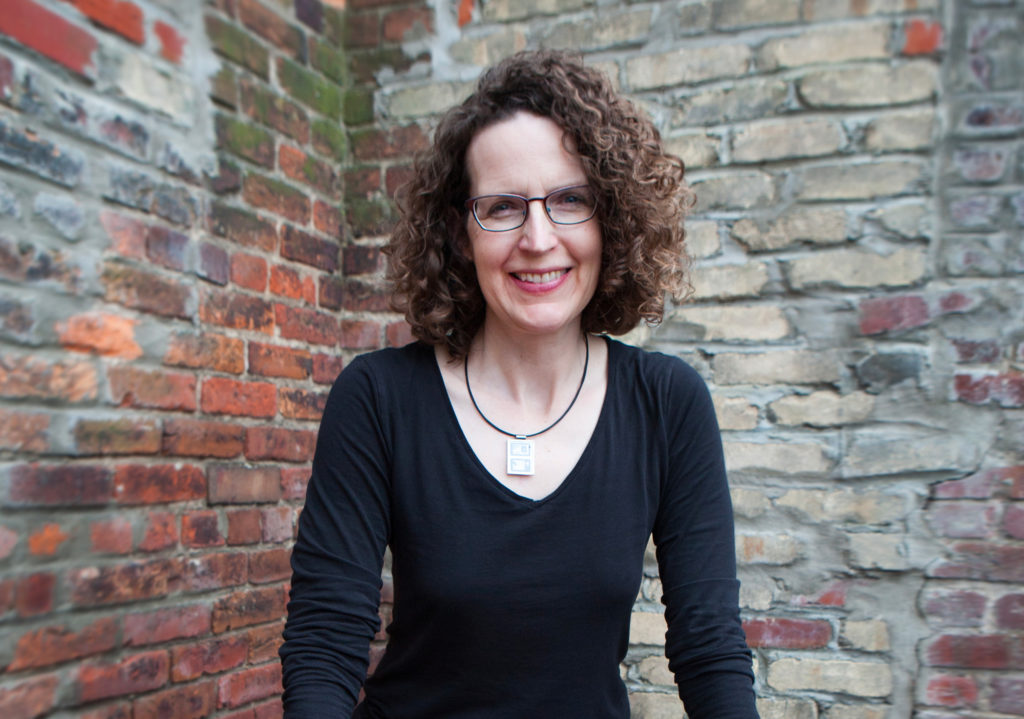Are you busy? Of course you are. It’s the modern (Western, middle-class, parent, plugged-in) condition:
For many of us, life unspools as a never-ending to-do list. Wake up, pack lunches, get the kids to school, get ourselves to our jobs, work all day, collect the kids, make dinner, supervise homework, do the laundry, walk the dog, pay the bills, answer e-mail, crawl into bed for a few fitful hours of sleep, wake up already exhausted, then do it all over again. Weekends, which ought to be oases of leisure, have their own hectic rhythms: errands, chores, sports events, grocery shopping, exercise. Dispatch one task and six more take its place, a regenerating zombie army of obligations.
That’s from the opening to my Washington Post review of Brigid Schulte’s Overwhelmed, a new book about how we got so busy and what we can do about “the Overwhelm,” as Schulte calls it.
I recognized some of the periodic frenzy of my own life in Schulte’s account. The more I read, though, the more I wondered whether at least some of the frenzy isn’t self-inflicted. As Schulte reports, being busy makes us feel important–but we don’t always need to be as busy as we insist on being. Overwhelmed came along at a time when I had already resolved, with some success, to find and protect windows of time in which I can think and write and otherwise just be.

